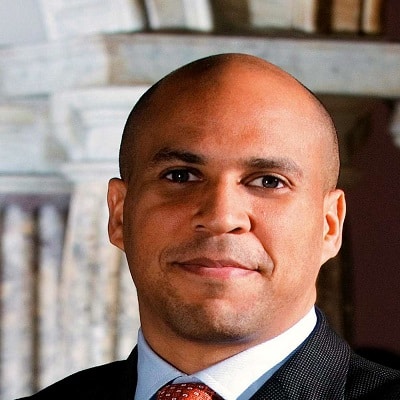 Office of National Drug Control Policy Deputy Director Michael Botticelli testified about the Obama administration’s marijuana policy to the House Committee on Oversight and Government Reform today in a hearing that at times got quite heated. Botticelli defended Obama administration policies Chairman John Mica (R-FL) called “fractured” and “schizophrenic,” saying the administration is dedicated to treating marijuana use as a public health issue rather than a law enforcement matter. That statement was questioned by other Congressmembers who cited the 750,000 arrests and billions of dollars spent by states every year on law enforcement intervention.
Office of National Drug Control Policy Deputy Director Michael Botticelli testified about the Obama administration’s marijuana policy to the House Committee on Oversight and Government Reform today in a hearing that at times got quite heated. Botticelli defended Obama administration policies Chairman John Mica (R-FL) called “fractured” and “schizophrenic,” saying the administration is dedicated to treating marijuana use as a public health issue rather than a law enforcement matter. That statement was questioned by other Congressmembers who cited the 750,000 arrests and billions of dollars spent by states every year on law enforcement intervention.
The most heated exchange, however, came after Botticelli refused to answer questions about marijuana’s relative safety as compared with cocaine, methamphetamine and tobacco, all of which are less stringently regulated under the Controlled Substances Act than marijuana (nicotine, a legal drug, does not appear on the schedule). Rep. Steve Cohen (D-TN) commented that despite Botticelli’s talk of educational programs, until he was able to speak about the real harms of drugs rather than spouting inaccurate propaganda, children would not hear the message. He then opined whether a friend who had died of a heroin overdose would still be alive if he had received real education on the dangers of the drug. Rep. Earl Blumenauer (D-OR) went even further, calling ONDCP’s refusal to realistically discuss drug use “part of the problem.”
“I don’t think people should smoke marijuana. Every drug-including those you get from your doctor-has real harms. But if you educate people about those harms and how to minimize them, you diminish their impact and ensure that your warnings will be heeded,” commented Law Enforcement Against Prohibition executive director Major Neill Franklin (Ret.). “Part of the ridiculous logic of the war on drugs is that even when asked a direct question by members of Congress, the head of the agency tasked with administering our drug policy cannot answer truthfully questions that could save lives.”
The hearing focused largely on the racial disparities engendered by the unequal enforcement of marijuana laws, the lifelong impact of marijuana convictions (which, unlike murder and other violent crimes can disqualify a person from receiving some federal student loans as well as other legal entitlements), the failure of the drug war to reduce use, the money wasted on prohibition, misplaced law enforcement priorities, and the right of states to govern themselves.
“It’s time criminal justice professionals stop being motivated by politics and start being motivated to do what is best for the American people,” added Lieutenant Commander Diane Goldstein (Ret.), a LEAP board member.
Source: Law Enforcement Against Prohibition – make a donation




